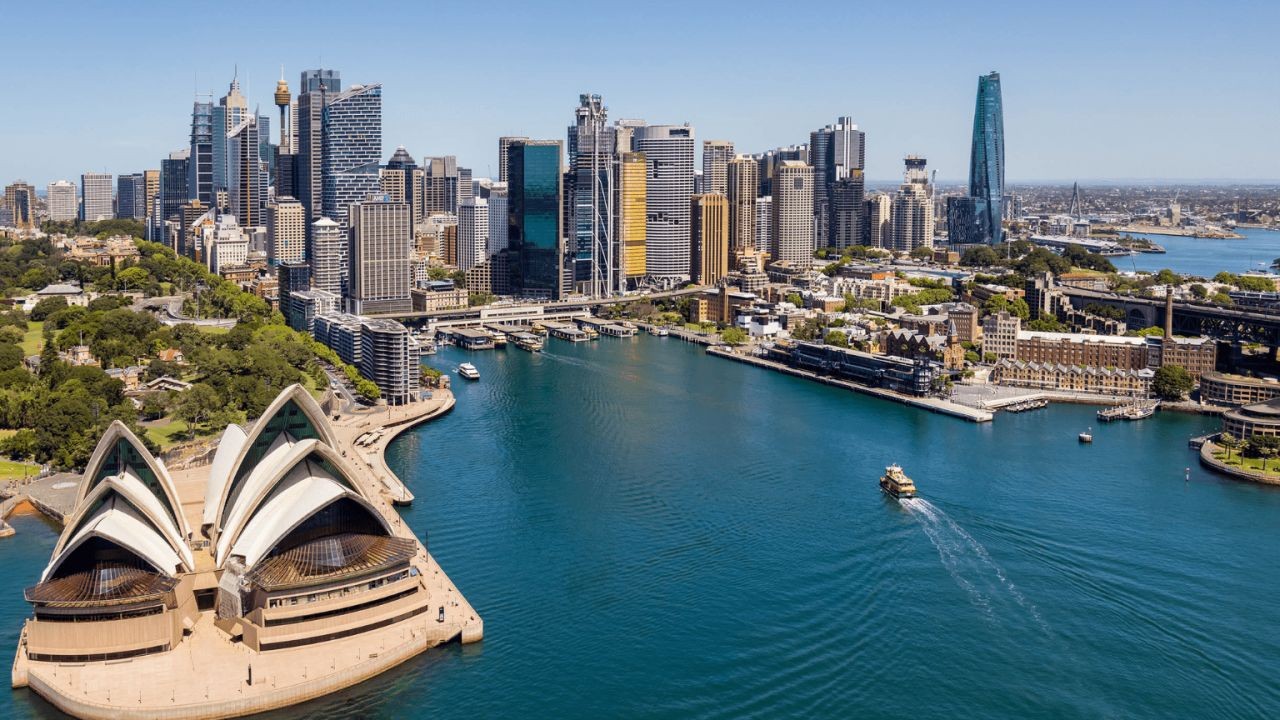In the realm of global fashion, New Zealand often sits quietly in the corner, overshadowed by giants like Paris, Milan, and New York. However, beneath this seemingly tranquil surface lies a vibrant and innovative fashion scene eager to step into the global spotlight. The question arises: Why is New Zealand's fashion industry so overlooked on the international stage? To unravel this mystery, we delve into the strengths and challenges of the Kiwi fashion scene, exploring how local policies, economic conditions, and cultural uniqueness shape its trajectory.
New Zealand's Fashion Industry: A Hidden Gem
New Zealand's fashion industry is characterized by creativity, sustainability, and a unique cultural blend. Designers like Karen Walker, Zambesi, and Trelise Cooper have made notable marks, adding a distinct Kiwi flavor to global fashion. According to the Ministry of Business, Innovation and Employment (MBIE), the fashion industry contributed over NZD 3 billion to the economy in 2022, reflecting significant economic potential.
Pros: The Bright Side of the Kiwi Fashion Scene
- Innovation and Creativity: New Zealand designers are known for their unique, edgy styles that blend indigenous Maori influences with modern trends.
- Sustainability: With an increasing global focus on ethical fashion, New Zealand's commitment to sustainability gives its designers an edge. The country is a leader in sustainable wool production, a key material in eco-friendly fashion.
- Quality over Quantity: New Zealand fashion emphasizes quality craftsmanship, appealing to niche markets that value exclusivity and authenticity.
Cons: Challenges Facing New Zealand's Fashion Industry
- Geographical Isolation: The country's remoteness poses logistical challenges, making it difficult to compete with more centrally located fashion hubs.
- Market Size: The domestic market is relatively small, limiting local sales and brand visibility.
- Global Recognition: Despite high-quality designs, New Zealand brands often struggle to gain international traction due to limited exposure and marketing resources.
Real-World Case Study: Karen Walker's Global Journey
Problem: Karen Walker, a renowned New Zealand designer, faced the challenge of expanding her brand globally while maintaining its unique Kiwi identity. Competing against international fashion giants, she needed a strategy to elevate her brand's presence.
Action: Walker invested in strategic partnerships and digital marketing to reach global audiences. By collaborating with international retailers and leveraging e-commerce, she expanded her brand's reach beyond New Zealand's shores.
Result: Karen Walker's brand now enjoys a global presence, with a 25% increase in international sales over two years. Her success underscores the potential of New Zealand fashion brands on the world stage.
Takeaway: Strategic partnerships and digital marketing are crucial for New Zealand designers aiming for international success. Emphasizing unique Kiwi elements can differentiate brands in a crowded global market.
Myths and Misconceptions About New Zealand Fashion
- Myth: New Zealand fashion is too niche for global appeal.Reality: The global market increasingly values unique, culturally rich designs, making Kiwi fashion highly appealing.
- Myth: Sustainable fashion is not profitable.Reality: With consumer demand for ethical products rising, sustainable fashion offers significant growth potential.
- Myth: New Zealand lacks the infrastructure for high-quality fashion production.Reality: The country's advanced textile industry supports high-quality, sustainable production.
Future Trends and Predictions
Looking ahead, New Zealand's fashion industry is poised to leverage digital transformation and sustainability to secure a stronger global presence. According to Stats NZ, e-commerce sales in the fashion sector grew by 30% in 2023, highlighting the potential of digital platforms in reaching international markets. As sustainability becomes a non-negotiable standard, New Zealand's expertise in ethical production will likely become a significant competitive advantage.
Conclusion: Embracing the Future of Kiwi Fashion
New Zealand's fashion scene is a tapestry of creativity, sustainability, and cultural heritage, offering untapped potential on the global stage. By addressing logistical challenges and leveraging digital platforms, Kiwi designers can elevate their brands internationally. For marketers and industry specialists, the time is ripe to champion New Zealand's fashion industry, turning its unique strengths into global success stories.
What’s your take on the future of New Zealand fashion? Share your insights below!
People Also Ask
- How does New Zealand's fashion industry impact the economy?The industry contributes over NZD 3 billion annually, supporting local employment and innovation (Source: MBIE).
- What are the biggest misconceptions about New Zealand fashion?Many assume it's too niche for global appeal, but unique designs are increasingly valued globally.
- What strategies can help Kiwi fashion brands succeed internationally?Leveraging digital marketing and strategic partnerships can enhance brand visibility and sales.
Related Search Queries
- New Zealand fashion designers
- Sustainable fashion in New Zealand
- Global fashion industry trends 2024
- How to market fashion brands globally
- Challenges facing New Zealand's fashion industry

































LettieLowe
9 months ago